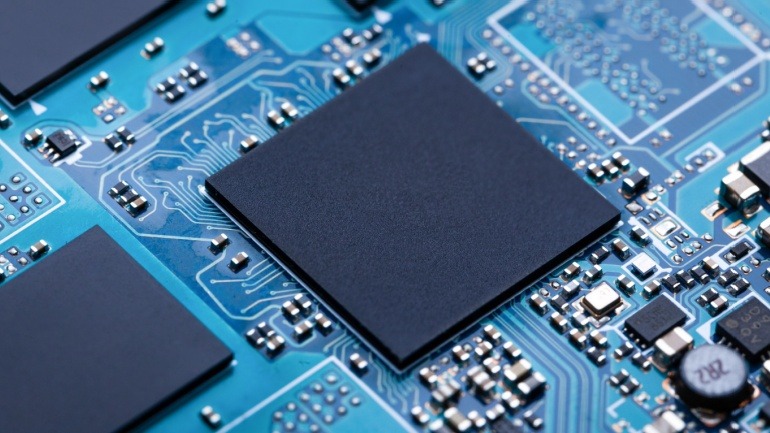AMD’s new 5th Gen EPYC processors, “Turin,” featuring the Zen 5 core architecture, significantly enhance data center performance for enterprise, AI, and cloud applications. With models like the EPYC 9575F offering a 28% speed boost and up to 5GHz, AMD leads in energy-efficient, powerful solutions for AI and virtualized infrastructures.
Nokia, Windstream, and Colt have successfully completed an 800 Gigabit Ethernet (800GbE) transatlantic trial, spanning 8,500 km between London and Chicago. Using cutting-edge technologies, this achievement doubles network capacity, enabling faster, low-latency connections crucial for AI, financial transactions, and cloud systems.
Singtel unveils RE:AI via its Paragon platform, reflecting its commitment to democratizing artificial intelligence. This AI Cloud service, designed for enterprises and public sectors, eliminates hefty infrastructure costs and complexities. By simplifying AI deployment, Singtel enhances operational efficiencies and AI innovation.
Dell Technologies has significantly expanded its AI offerings with new PowerEdge servers powered by AMD’s 5th Generation EPYC processors. These servers are engineered for high-performance AI, offering substantial improvements in efficiency and scalability.
Vodafone and Google have entered a decade-long partnership aiming to revolutionize mobile and broadband services. By leveraging advanced AI models from Google Cloud, they seek to enhance customer experiences in Europe and Africa.
Microsoft’s €4.3 billion investment in Italy is set to revolutionize cloud and AI infrastructure. This ambitious initiative aims to elevate Italy’s digital landscape, offering VoIP solutions that enhance connectivity and communication. By focusing on digital skills, Microsoft intends to transform Italy into a leading hub for digital innovation in the Mediterranean region.
Oracle is investing $6.5 billion in AI and cloud services in Malaysia, marking the launch of a new Oracle public cloud region. This addition enhances Oracle Cloud Infrastructure’s reach across Asia Pacific, offering Malaysian businesses advanced AI infrastructure, data analytics tools, and comprehensive VOIP solutions.
CelcomDigi and SK Telecom are teaming up to revolutionize AI in the Malaysian market. This strategic partnership aims to introduce cutting-edge AI solutions, starting with internal trials before expanding commercially. With plans to become a major AI player, CelcomDigi leverages its infrastructure and broad user base to drive innovation.
Samsung and NTT Docomo are combining forces to propel AI research and innovation within the telecommunications sector, setting the stage for 6G technology. This strategic partnership aims to elevate network quality and service, ensuring seamless VoIP communication even in challenging signal areas.
Equinix has unveiled a staggering $15 billion initiative in collaboration with Singapore’s GIC and Canada’s Pension Plan Investment Board to enhance its U.S.-based xScale data centers. This venture is pivotal for supporting AI workloads.













